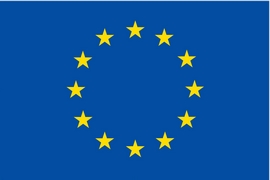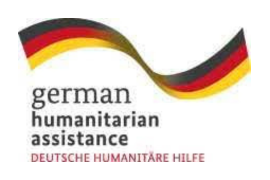Niger, which has a surface area of 1,267,000 km2, has three climate zones: the north is dry and arid; the centre is a Sahelian zone with average rainfall; and the south has high rainfall. As a result, the country is prone to droughts and floods. Niger’s economy is largely based on agriculture and livestock and both of these activities are vulnerable to climate-related disasters. Despite some improvement over the last few decades, the social situation is still marked by extreme poverty. According to World Bank statistics, the level of extreme poverty in Niger was almost 41.8% in 2023, affecting more than 10 million people.
Education is a major challenge in Niger, which has one of the highest population growth rates in the world (3.7% per year according to data for 2022 published by the World Bank). With one in two citizens under the age of 15, the country also has one of the world’s lowest school enrolment rates, particularly for children with disabilities.
Niger has played a role in resolving a number of crises in the region and beyond, and for several years now has been experiencing successive and significant waves of population displacements and arrivals of refugees. However, as the country borders Mali, Chad and Nigeria, it suffers from the security tensions of its neighbours and the incursions of armed groups into its territory. The security situation has deteriorated sharply and continuously since 2019, with an intensification of attacks by armed groups, not only against the defence and security forces but also against civilians.People with disabilities face significant discrimination and socio-economic inequalities in Niger. Indeed, according to popular perceptions and representations, disability is generally assimilated to incapacity and deficiency. The negative perceptions and attitudes perpetuated by families and communities remain the biggest obstacle to the successful social inclusion of people with disabilities.
Number of HI staff: 103
Programme opened in: 2006



















